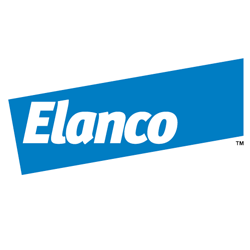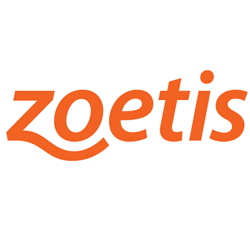Vaccine licensure
In the United States, veterinary biologics include vaccines, bacterins, antisera, diagnostic test kits, and other products of biological origin acting through immunologic mechanisms to prevent disease.139 The USDA, under the authority of the Virus-Serum-Toxin Act, governs and mandates the licensure of biologics.139 The USDA prohibits the preparation or sale of veterinary biologics that are ineffective, contaminated, dangerous, or harmful.140 The mandate of the Virus- Serum-Toxin Act is interpreted with the understanding that veterinary biologics should be safe, pure, potent, and efficacious.140 Regulatory oversight through the USDA Animal and Plant Health Inspection Service is described in 9 CFR 101-124. In the United States, manufacturers are inspected before the issue of their first license for a product and then periodically inspected afterward. Not only are the physical plants inspected, but starting materials (seed virus, bacteria, and cell lines) are also tested for purity and identification.137 Once a license has been granted, no substantial changes in the manufacturing process are allowed to ensure a consistent product.137
Vaccines are granted different licenses through different categories. 137 Fully licensed products meet the requirements that establish the purity, safety, potency, and efficacy of the product. Conditional licenses are issued in order to meet an emergency condition, limited market, local situation, or other special circumstance under expedited procedures that ensure purity, safety, and a reasonable expectation of efficacy. Imported products can be permitted for distribution and sale and must meet the same standards as fully licensed products. This scenario is typically associated with factors such as a lack of USDA-licensed products and a viable threat of emerging infectious animal disease.137
The licensure standards for veterinary vaccines in Canada are similar to those required in the United States for fully licensed products. Regulated products include vaccines, immunoglobulin products, and diagnostic kits that are used for the prevention, treatment, or diagnosis of diseases in animals, including domestic livestock, poultry, pets, wildlife, and fish. To meet the requirements for licensure, veterinary biologics must be shown to be pure, potent, safe, and effective when used in the target species according to the manufacturer’s label recommendations. Product labeling must be compliant with Canadian requirements, including the use of metric units and complete information available in both English and French. The CFIA, under the legislative authority of the Health of Animals Act and Regulations, is responsible for regulating veterinary biologics in Canada.141 Responsibilities of the CFIA in licensing vaccines include verification of products (master seeds), licensing of the manufacturing facilities, and issuance of import and/or export permits.141 In addition, the licensing submission must also contain supporting data demonstrating that the product can be manufactured and used without adversely affecting animal health, human health, food safety, or the environment.141







